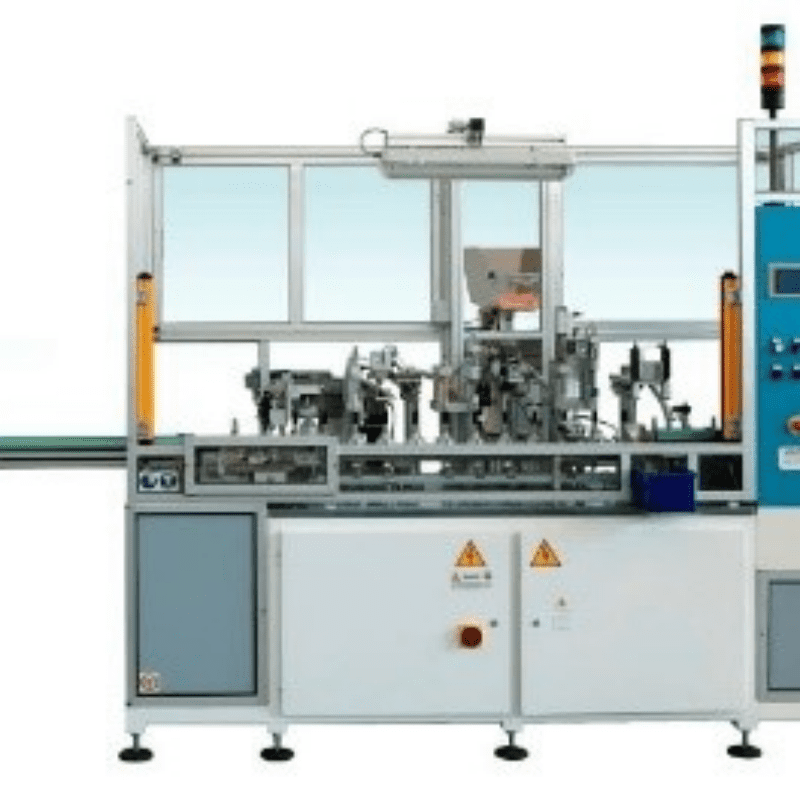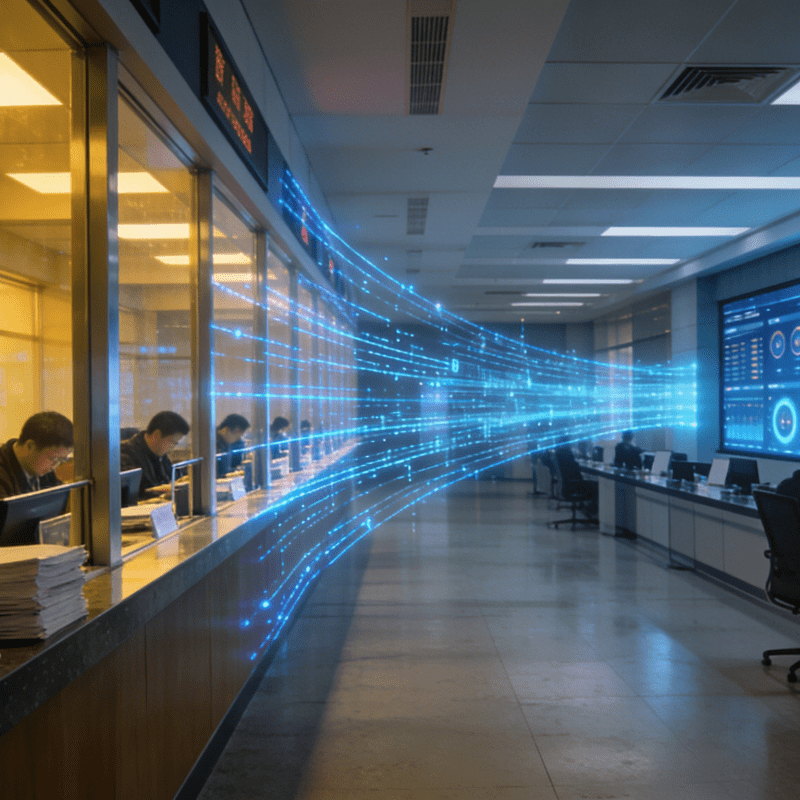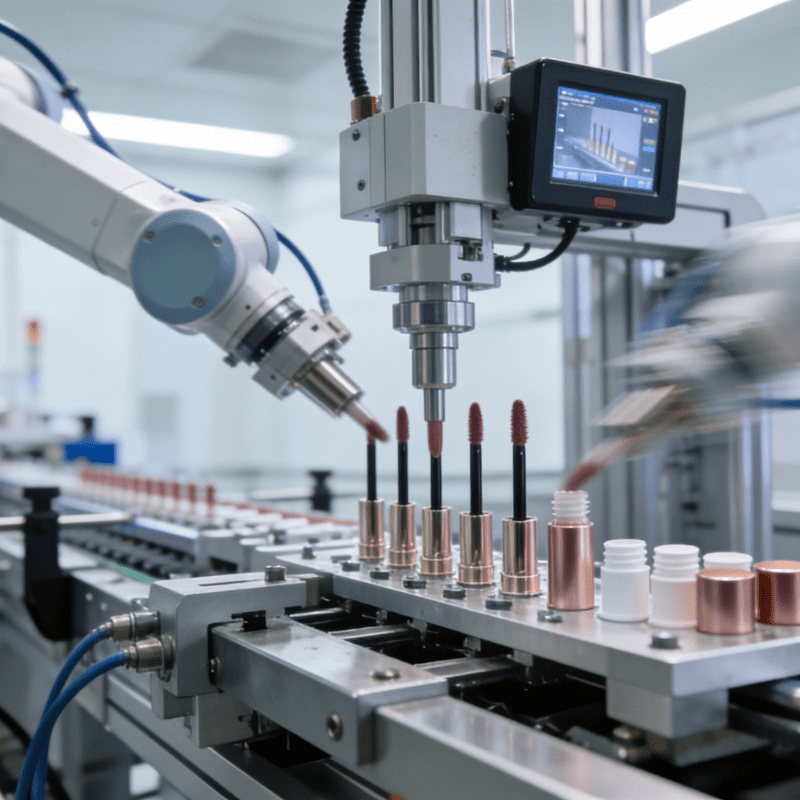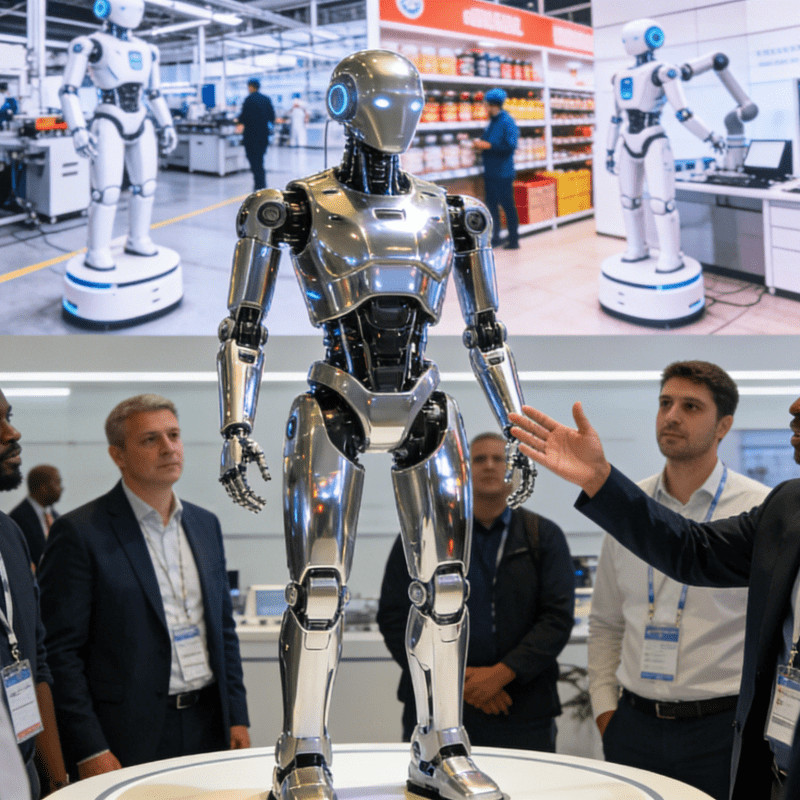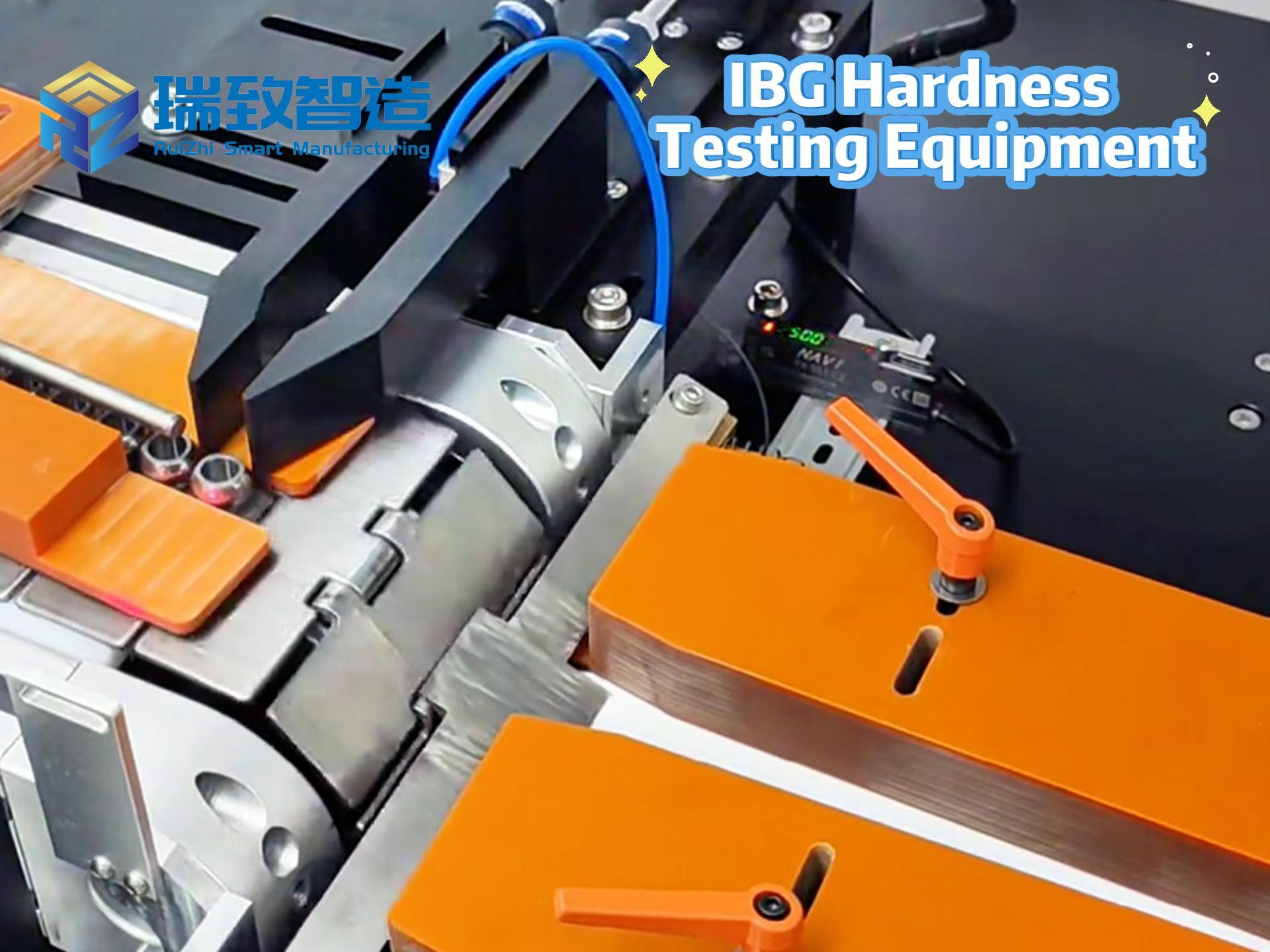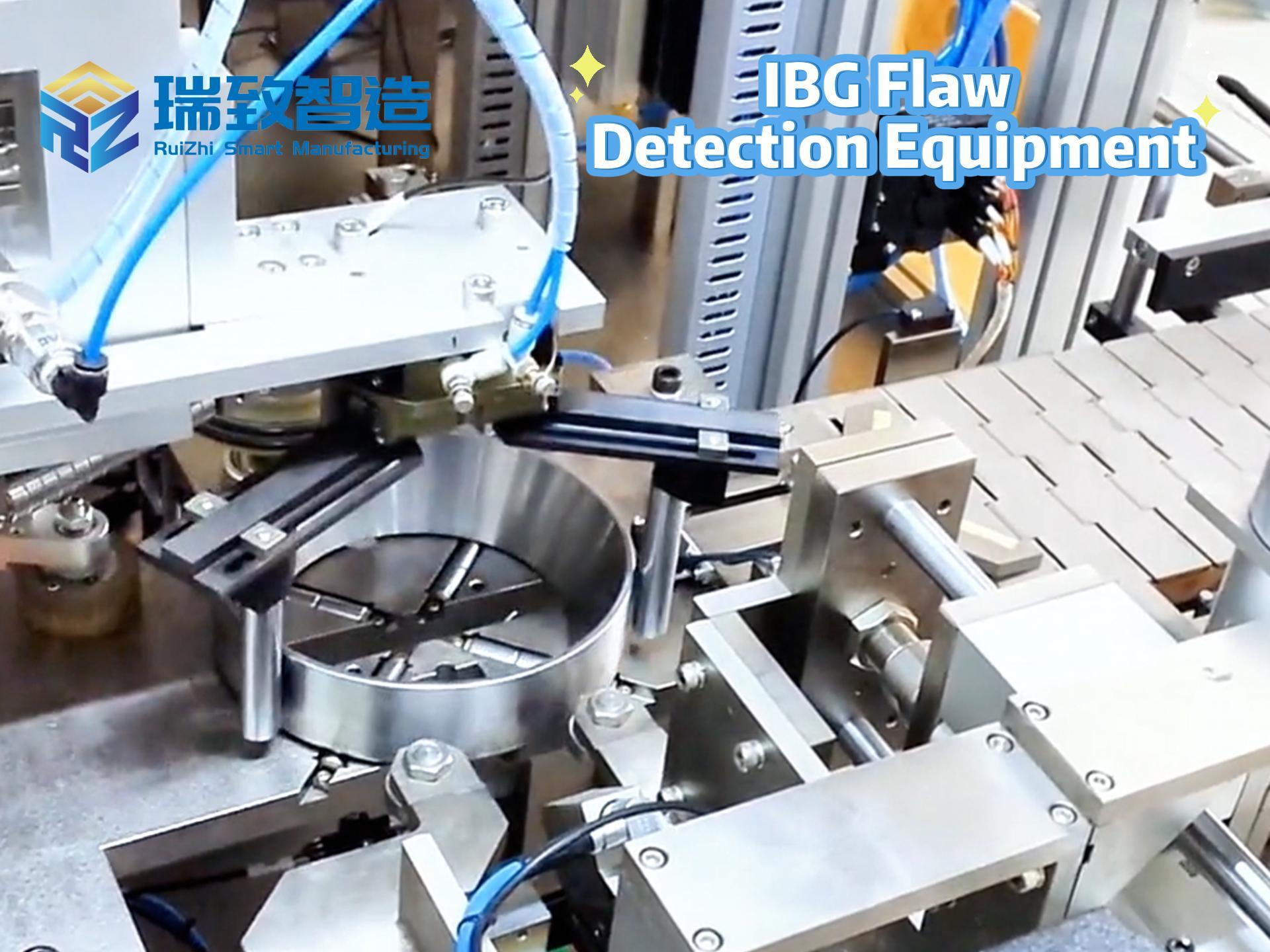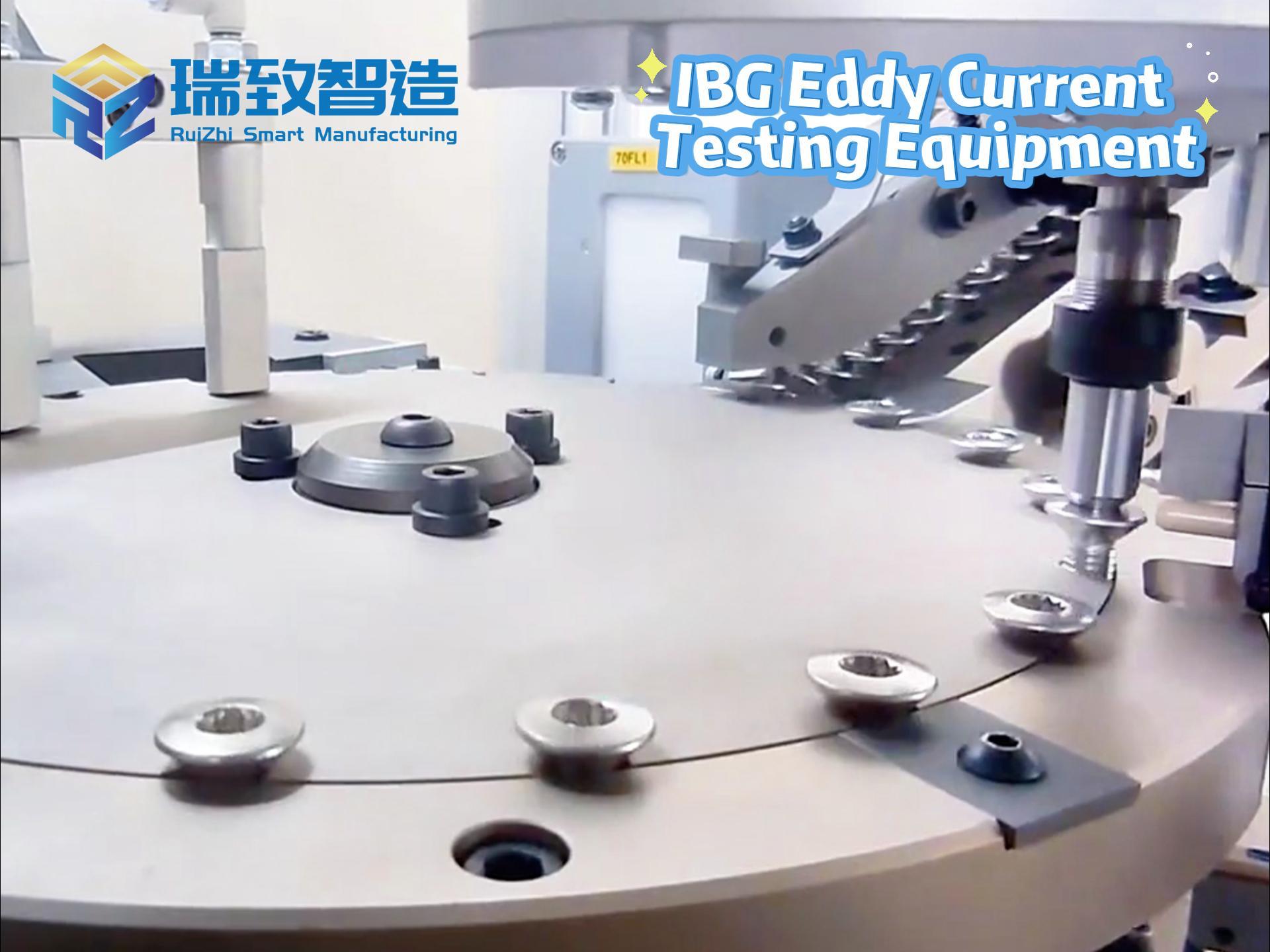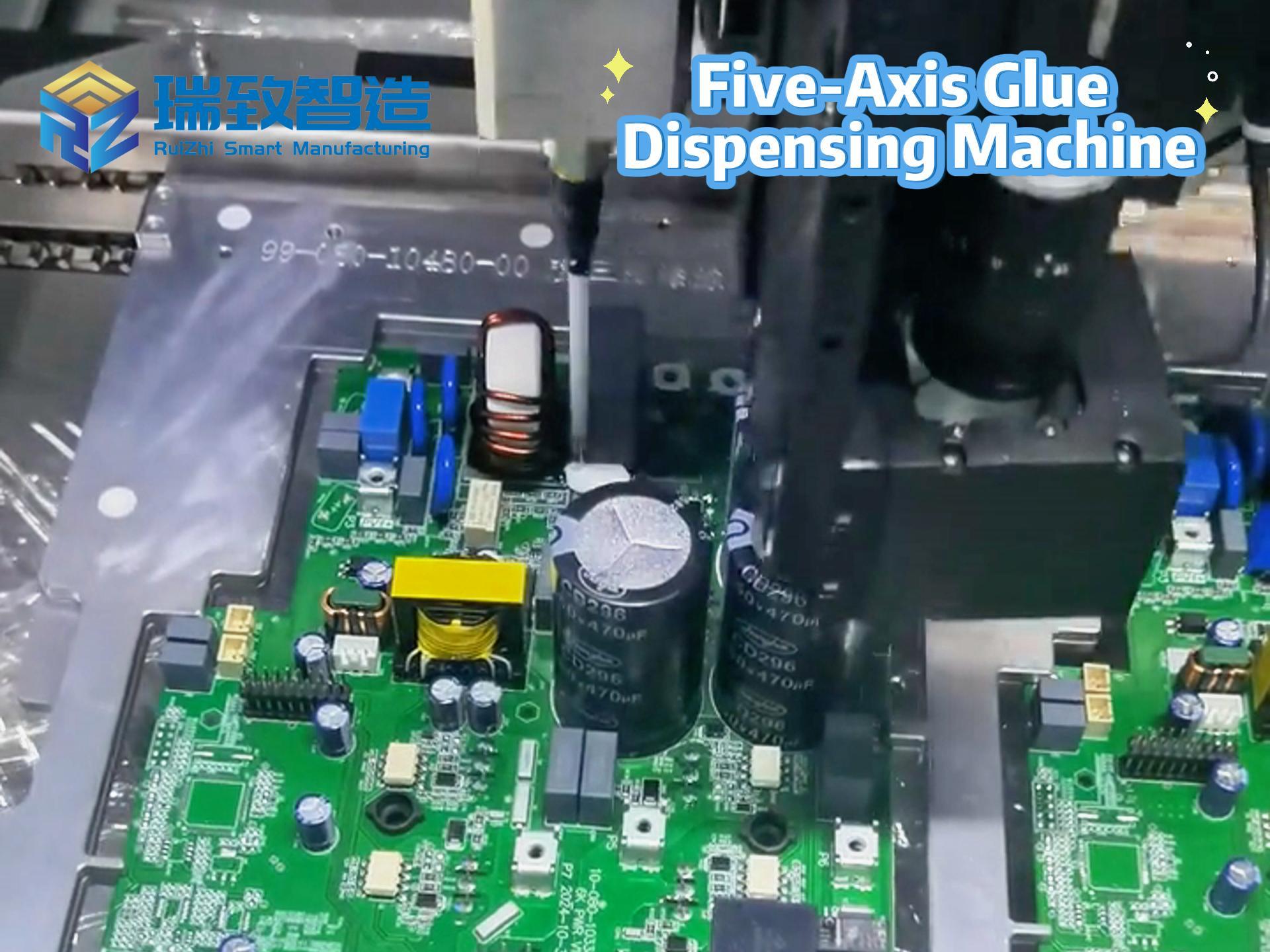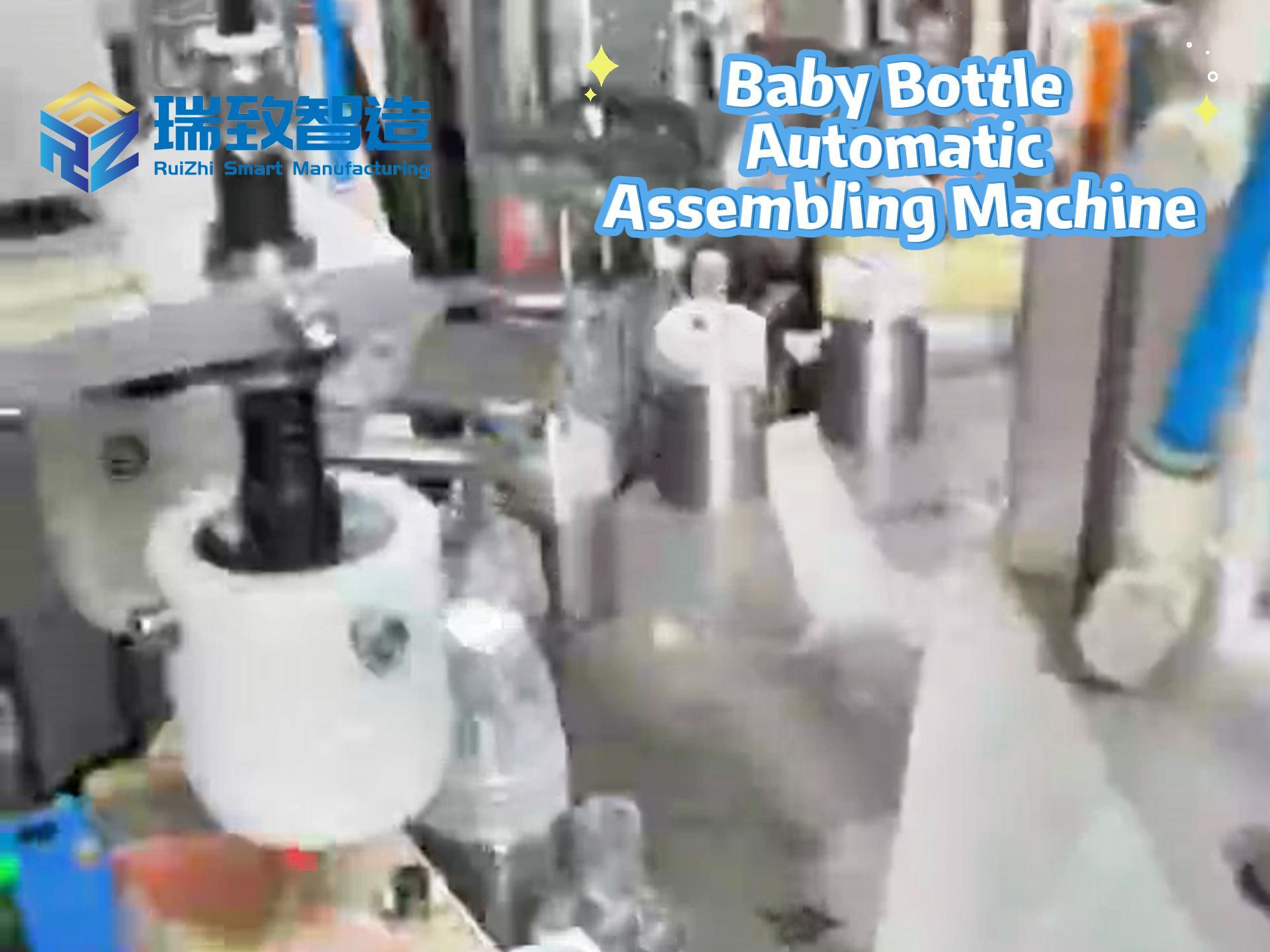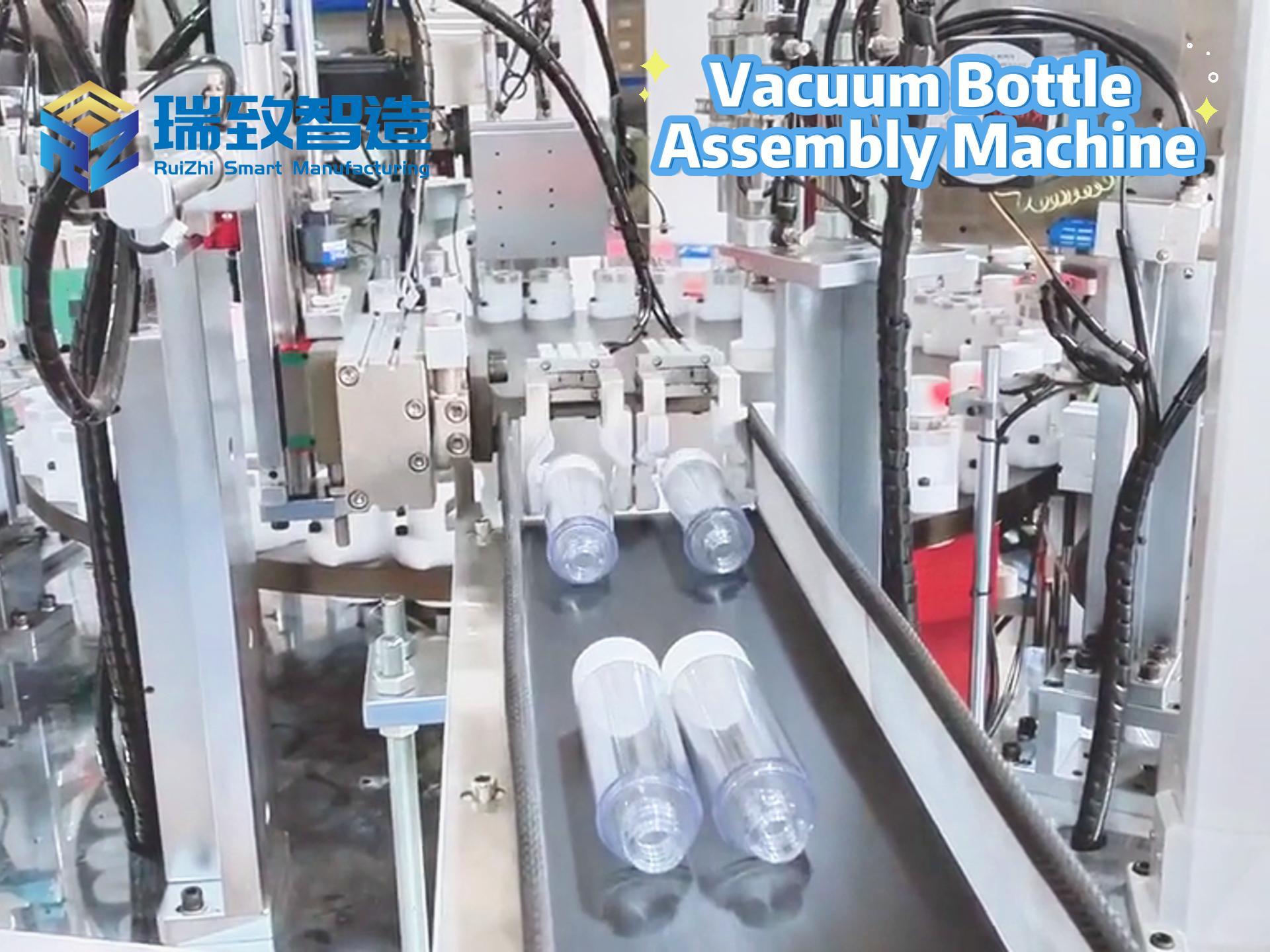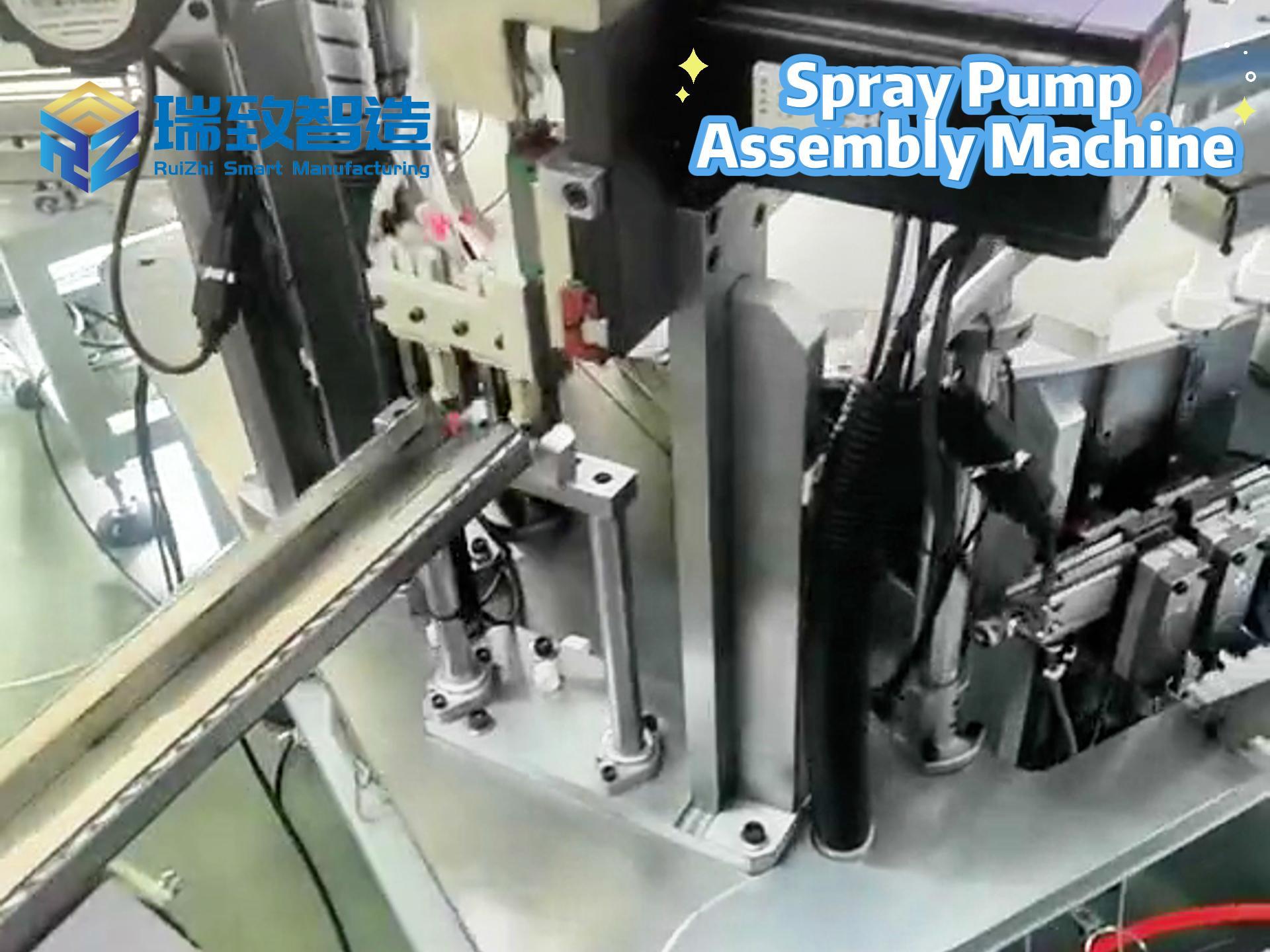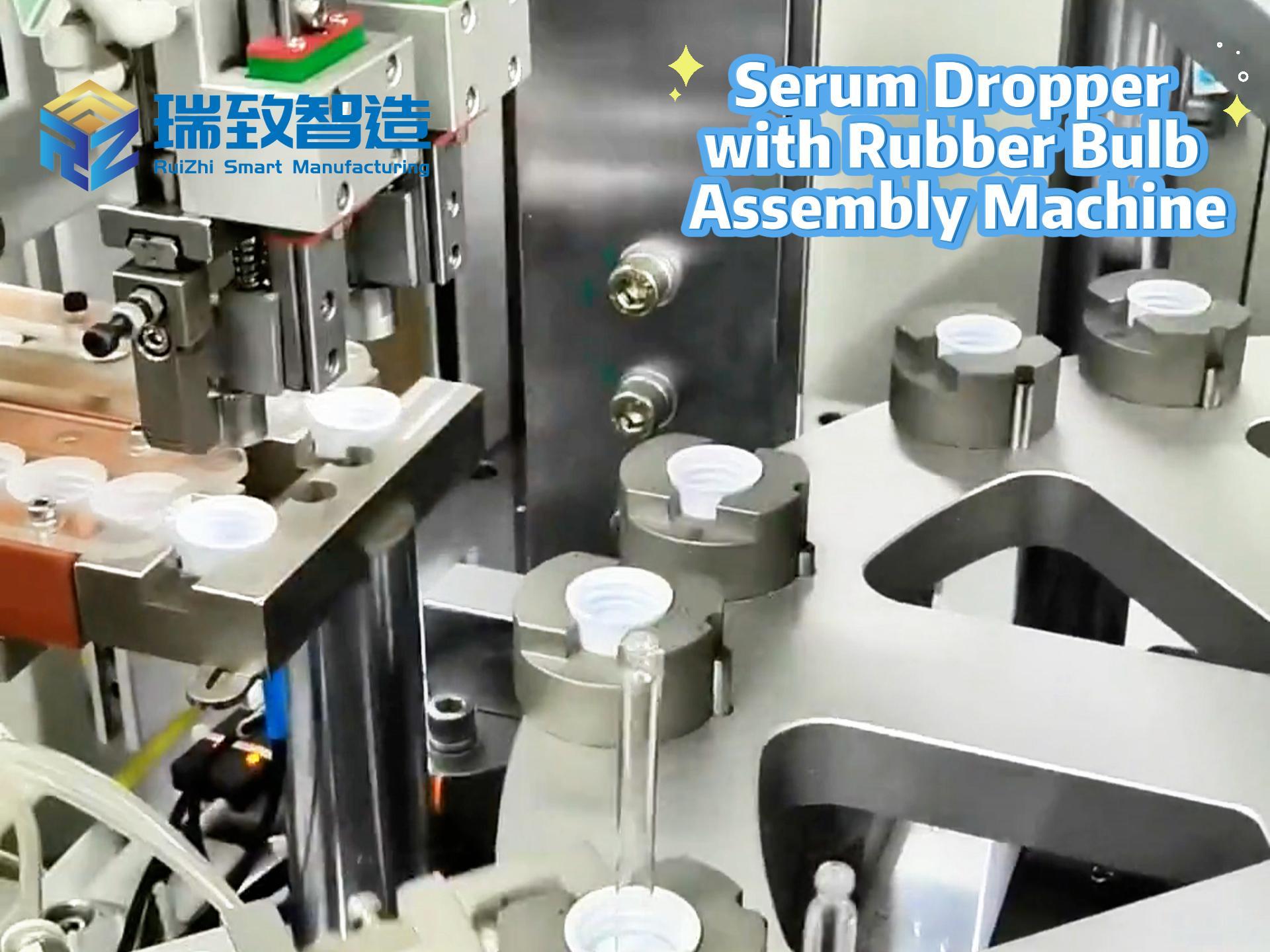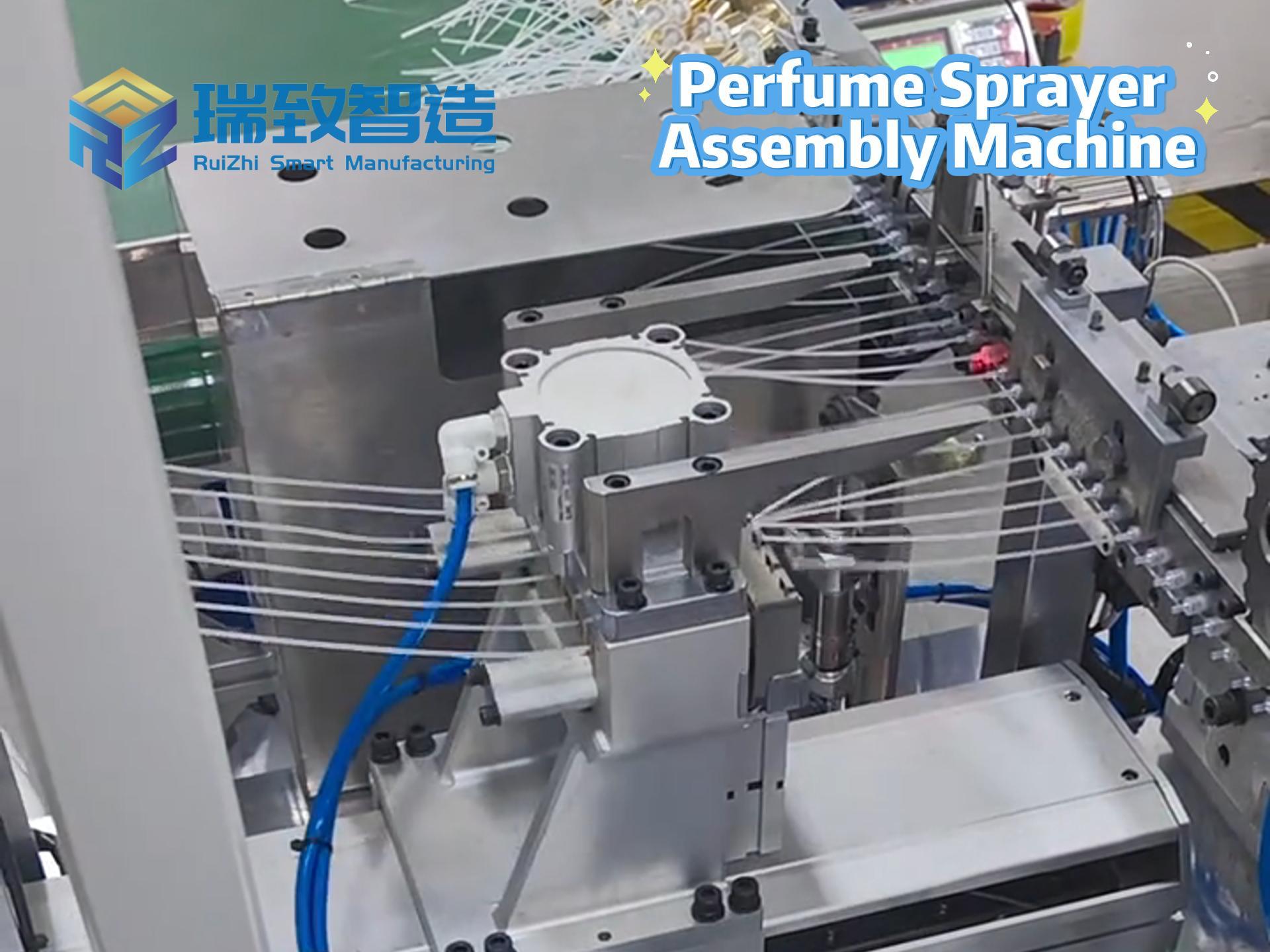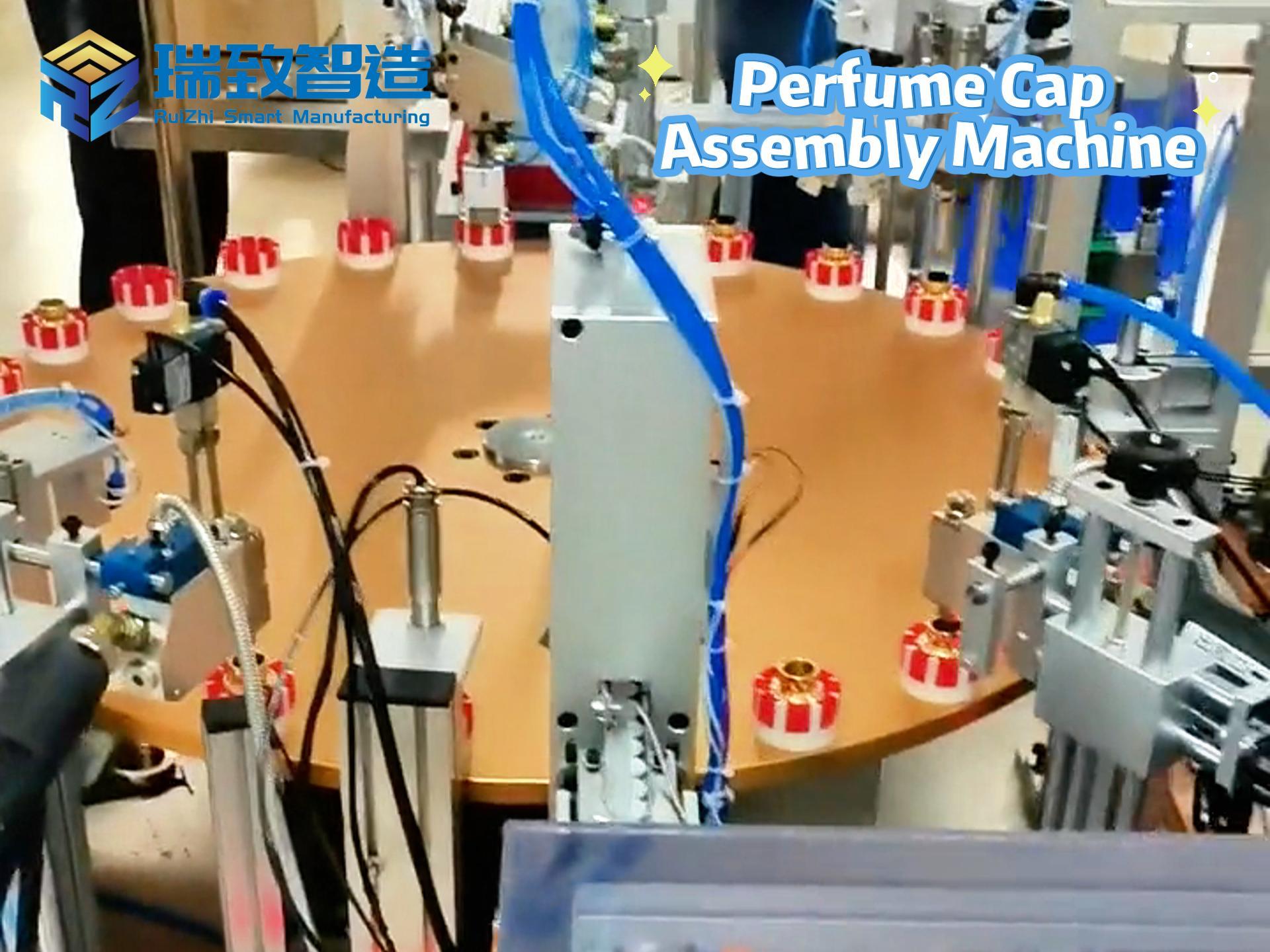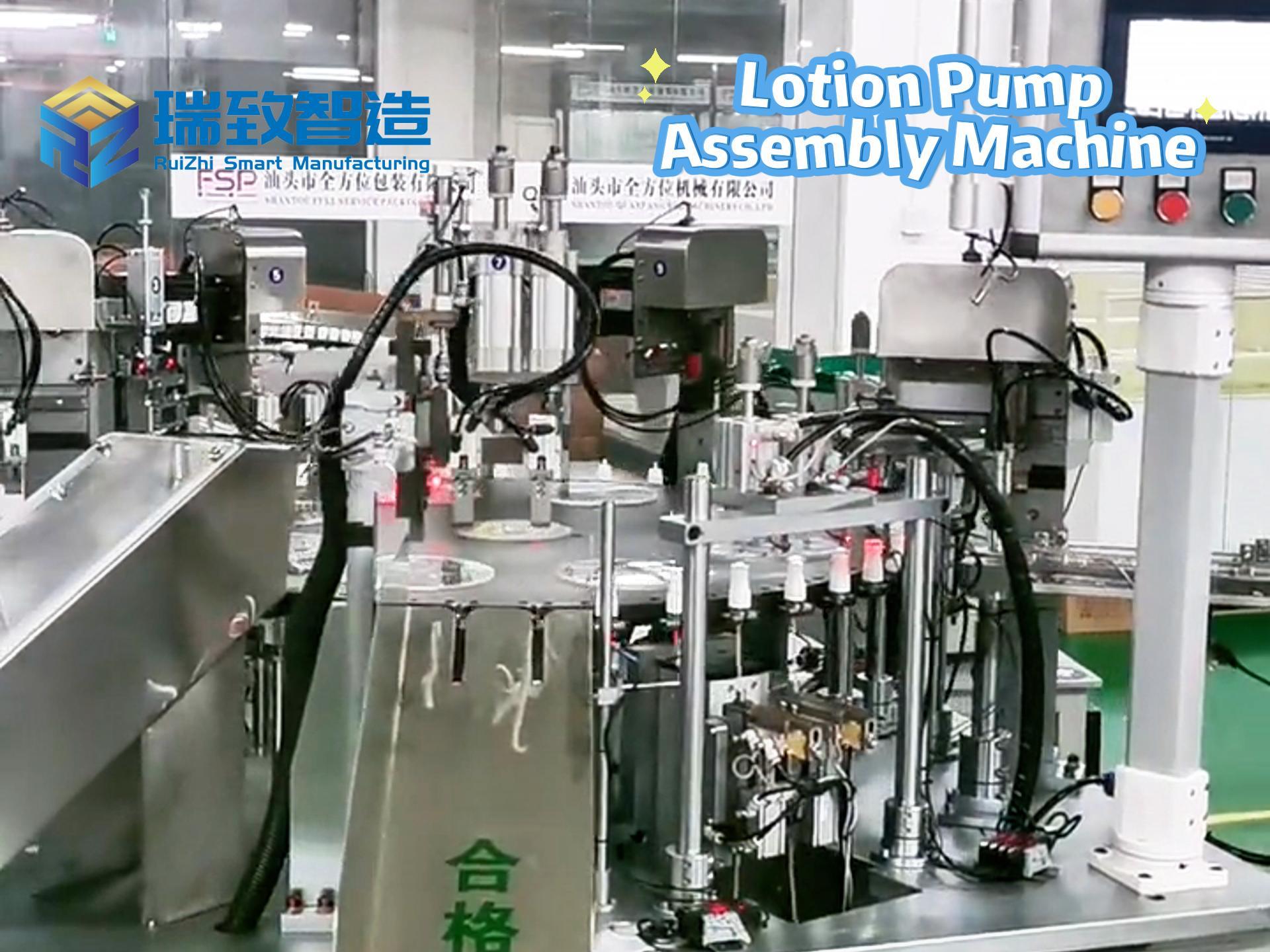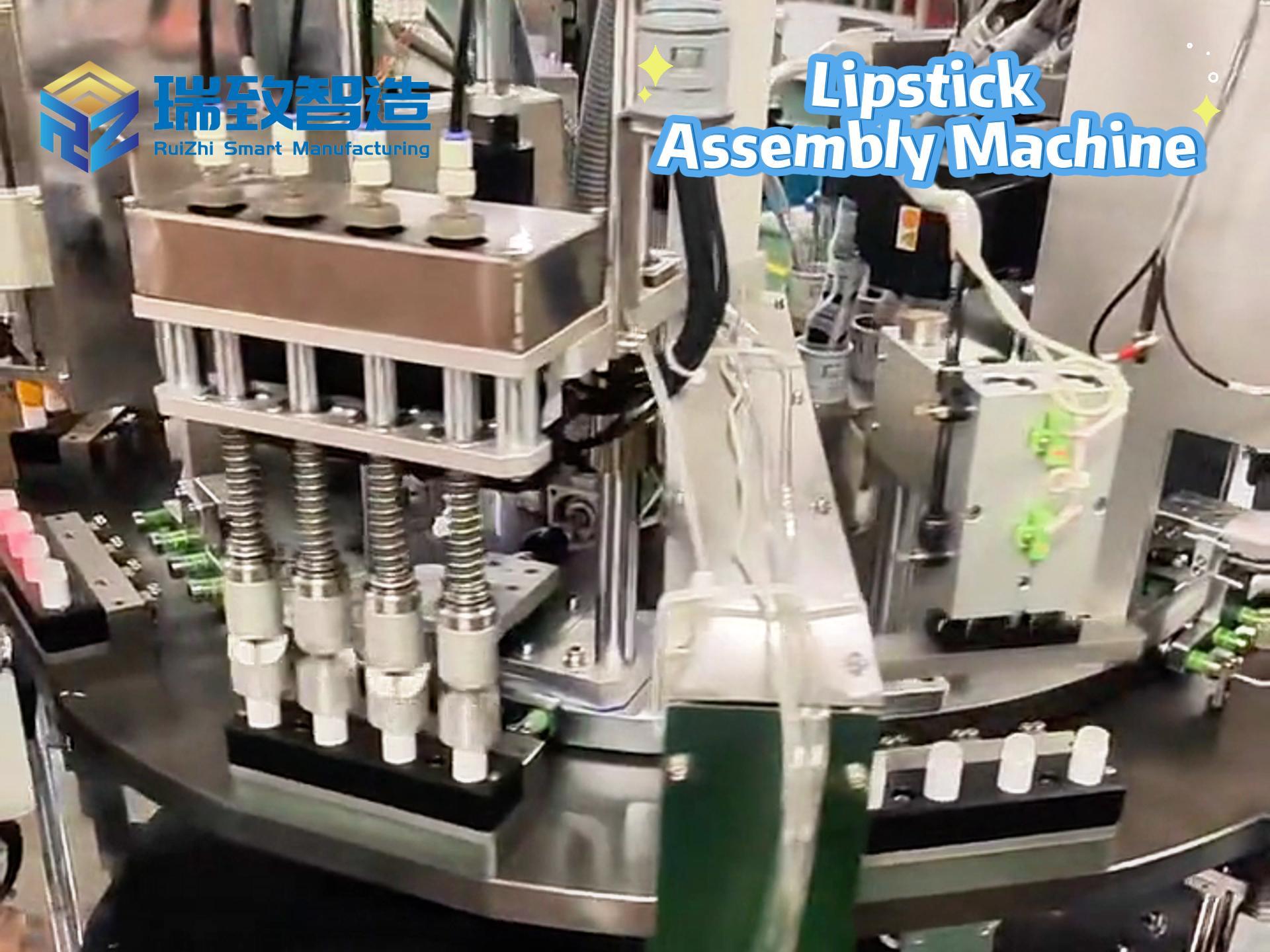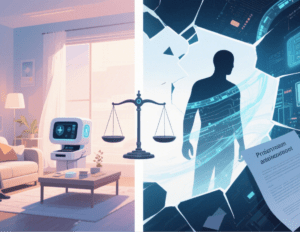
With the rapid development of artificial intelligence (AI) technology, its applications are gradually evolving from general-purpose systems to personalized, user-centric ones. As a cutting-edge concept in this trend, Personal Superintelligence aims to provide users with highly customized intelligent support by deeply understanding individual behaviors, preferences, and goals.
What is Personal Superintelligence?
Personal Superintelligence refers to an AI system that centers on users and can provide solutions based on personal needs and preferences. Unlike traditional general-purpose AI, such systems do not merely offer uniform answers. Instead, they continuously learn from users’ behaviors, goals, values, and interaction patterns to deliver highly tailored support to individuals.
The proposal of this concept signifies that the role of AI assistants will go beyond simple task automation, gradually evolving into intelligent partners capable of assisting creativity, optimizing decision-making, understanding emotions, and proactively supporting users’ growth.
The Importance of Future Development
Mark Zuckerberg, CEO of Meta, has emphasized on multiple occasions in recent years that Personal Superintelligence is a grand direction for the development of AI. Meta has invested heavily and established a dedicated superintelligence laboratory, committed to developing foundational models that can understand and evolve alongside users. This shift means that future AI will move from a single general-purpose system to personalized intelligent agents capable of providing more refined services.
This trend is crucial for the future of human-computer interaction. Personalized AI not only enhances the intuitiveness and flexibility of interaction but also may push the relationship between humans and AI from “tools” to “collaborative partners.”
Early Signs of Personalized Technology
Currently, some emerging products and technologies have shown the (embryonic form) of Personal Superintelligence:
Smart wearable devices: Provide users with personalized advice through real-time data and feedback.
Meta’s AI-driven smart glasses: Attempt to integrate environmental perception with AI into daily life scenarios.
Industry-specific AI assistants: For example, in the medical field, AI is improving the accuracy and efficiency of diagnosis through large-scale case learning; in manufacturing, Automatic feeding equipment for small metal sheets equipped with primary personalized intelligent algorithms have also begun to emerge — by learning the processing habits of different operators, the characteristics of metal sheet materials, and production rhythms, they automatically adapt feeding frequency and precision, reducing the time spent on manual adjustments, and becoming vivid cases of personalized intelligence being implemented in industrial scenarios.
These attempts indicate that personalized AI is gradually entering people’s lives and is expected to become an important development direction in the future.
Potential Benefits for Users
If reasonably designed and standardizedly applied, Personal Superintelligence can bring significant value to users in multiple aspects:
Creativity support: Assisting in brainstorming, content creation, and strategic decision-making.
Interaction optimization: Adjusting the content and manner of feedback according to users’ thinking patterns, emotional tones, and communication habits.
Goal management and growth: Helping users formulate, track, and achieve personal goals, forming motivation for continuous progress.
This deeper level of human-computer collaboration helps build more meaningful interactive relationships, making AI not only a passive response tool but also capable of playing a predictive and guiding role.
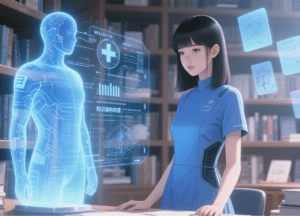
Challenges and Ethical Issues
Despite the great potential of Personal Superintelligence, its development is accompanied by multiple risks and challenges:
Data privacy: The system’s learning requires a large amount of personal data, which may lead to risks of privacy leakage and data abuse.
Over-reliance: Excessive dependence on AI may weaken users’ independent judgment and thinking abilities.
Bias and trust issues: If AI introduces errors or biases during the learning process, it may have a negative impact on users’ decisions and values.
Therefore, the establishment of ethical and regulatory mechanisms is crucial. Privacy protection, transparency, and accountability must advance in step with technological innovation to ensure that Personal Superintelligence truly serves humanity.
Conclusion
Personal Superintelligence represents an important direction in the development of AI. It depicts a future scenario where humans and machines collaborate deeply and grow together. Such intelligent agents not only help improve efficiency and creativity but may also become long-term partners of humans.
However, technological breakthroughs are only a prerequisite. The real challenge lies in adhering to the principle of “people-oriented” throughout the development process, ensuring user empowerment, ethical compliance, and fairness and inclusiveness. Once these issues are properly addressed, Personal Superintelligence will have the potential to drive humanity toward a more efficient and humanized intelligent society.

